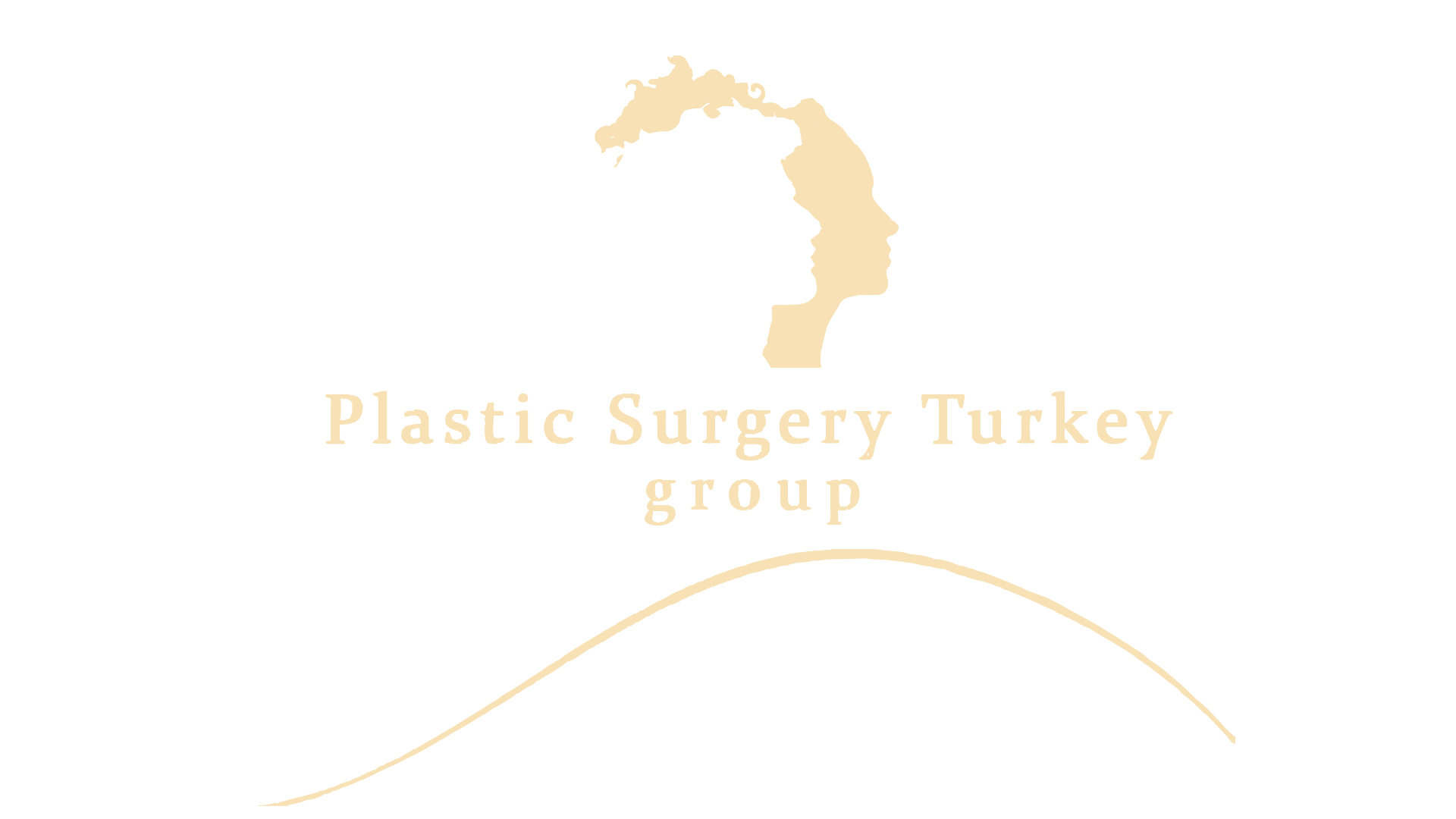Plastic Surgery and Alcohol: Why You Should Avoid Drinking Before an Operation

Plastic Surgery and Alcohol: Why You Should Avoid Drinking Before an Operation#
When preparing for plastic surgery, most patients focus on pre-operative instructions related to fasting, medications, and rest. However, one crucial guideline often overlooked is the importance of avoiding alcohol before plastic surgery. Consuming alcohol in the days leading up to an operation can significantly increase the risk of complications during and after the procedure.
Why Is Alcohol Dangerous Before Plastic Surgery?#
Alcohol affects nearly every system in the body, which can interfere with anesthesia, wound healing, and overall recovery. Here are some of the key risks:
- Impaired Liver Function:
The liver is responsible for metabolizing both alcohol and anesthesia drugs. Drinking can strain the liver, making it less effective at processing these medications, which can lead to unpredictable reactions during plastic surgery. - Increased Bleeding Risk:
Alcohol thins the blood and impairs platelet function, increasing the likelihood of excessive bleeding during plastic surgery. - Heart and Blood Pressure Complications:
Alcohol affects heart rate and blood pressure, potentially causing dangerous fluctuations during the operation. - Weakened Immune System:
Drinking suppresses the immune system, making it harder for your body to fight infections post-plastic surgery. - Respiratory Issues:
Alcohol can depress the central nervous system, increasing the risk of breathing difficulties during anesthesia.
How Long Before Plastic Surgery Should You Stop Drinking?#
Most surgeons recommend avoiding alcohol for at least 72 hours (3 days) before plastic surgery. However, if you consume alcohol regularly or heavily, it’s best to stop drinking 1-2 weeks prior to your procedure. This allows your body ample time to stabilize and reduces the risk of complications.
What Happens If You Drink Before Plastic Surgery?#
If you've had alcohol within 24 hours of your scheduled plastic surgery, it’s crucial to inform your healthcare team. Anesthesiologists need this information to adjust medications and monitor your vital signs closely.
Failing to disclose alcohol consumption can result in:
- Delayed recovery from anesthesia
- Irregular heart rhythms
- Increased infection risk
- Poor wound healing
- Extended hospital stay
Alcohol Withdrawal Risks#
For individuals with alcohol dependence, suddenly stopping can lead to withdrawal symptoms, including:
- Tremors
- Anxiety
- Seizures
- Delirium tremens (a severe form of withdrawal)
If you're a heavy drinker, discuss your alcohol use with your doctor well in advance. They can help manage withdrawal safely before plastic surgery.
Post-Plastic Surgery: When Can You Drink Again?#
After plastic surgery, your body needs time to heal, and alcohol can interfere with this process:
- It can dehydrate you, slowing recovery.
- It may interact negatively with pain medications.
- It impairs judgment, increasing the risk of accidents or falls during recovery.
Most surgeons recommend waiting at least 2 weeks post-plastic surgery before resuming alcohol, or until you're no longer taking prescription medications.
Final Thoughts#
Avoiding alcohol before plastic surgery isn’t just a recommendation—it’s a vital part of your pre-operative care. By staying alcohol-free, you help ensure:
- Safer anesthesia administration
- Reduced risk of complications
- Faster recovery
Always be honest with your medical team about your alcohol consumption. Their goal is to provide the safest plastic surgical experience possible.

Arina Yunusova
With years of hands-on experience guiding patients through their aesthetic journeys, Arina Yunusova serves as the compassionate and knowledgeable bridge between international clients and world-class plastic surgeons at Plastic Surgery Turkey Group. Fluent in multiple languages and deeply familiar with the unique concerns of medical travelers, Arina has successfully supported hundreds of patients from their first inquiry to full recovery.




